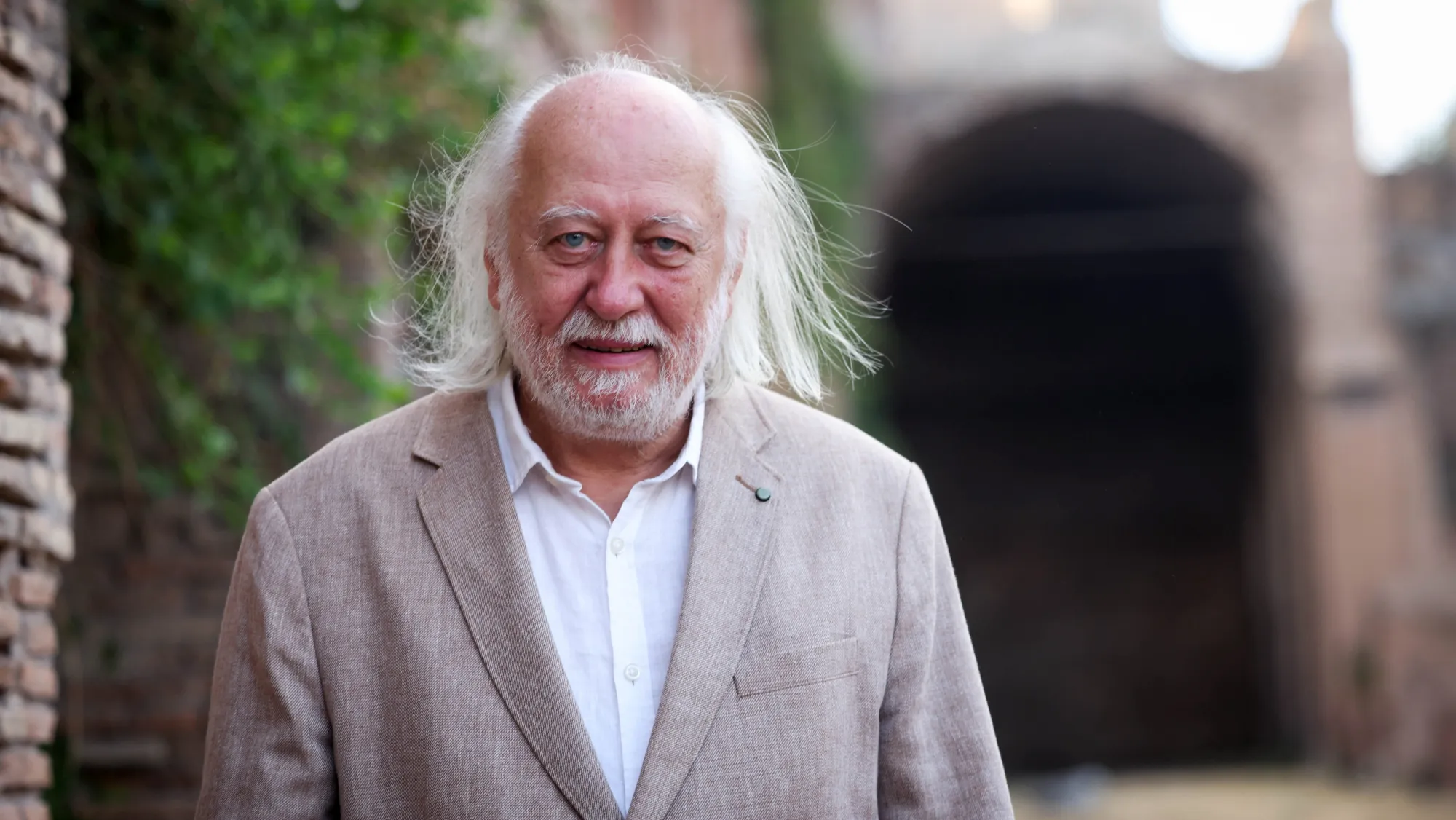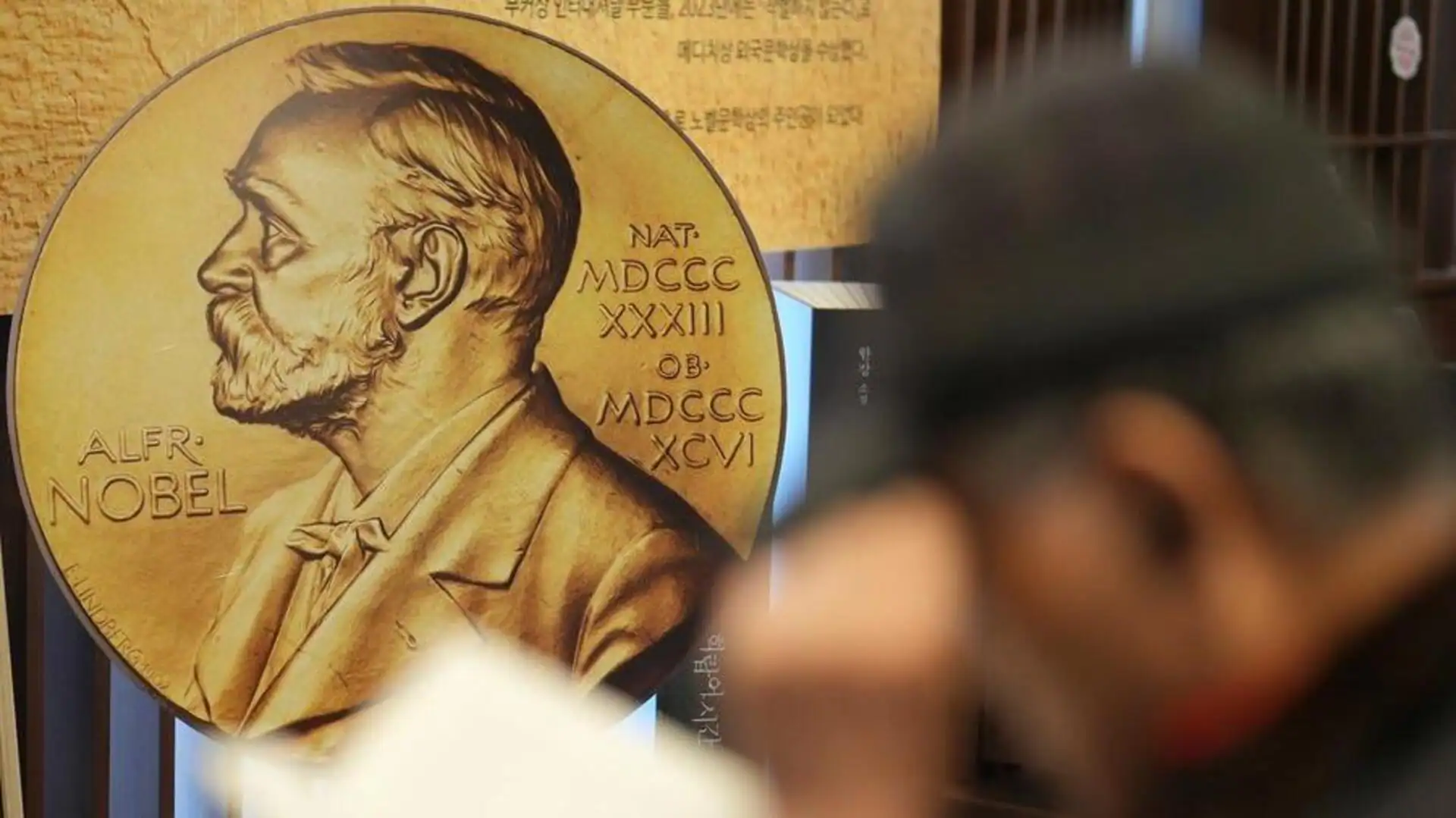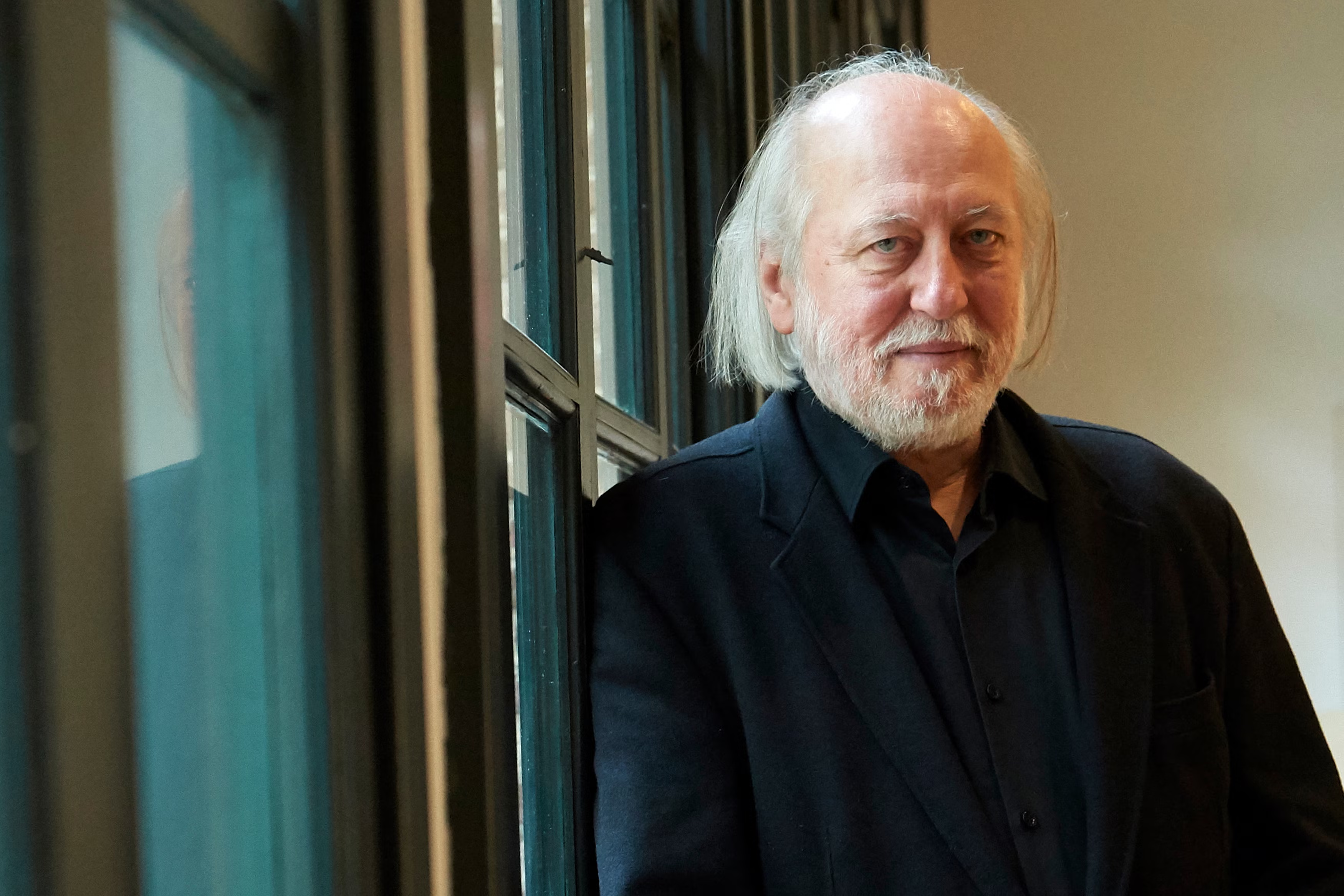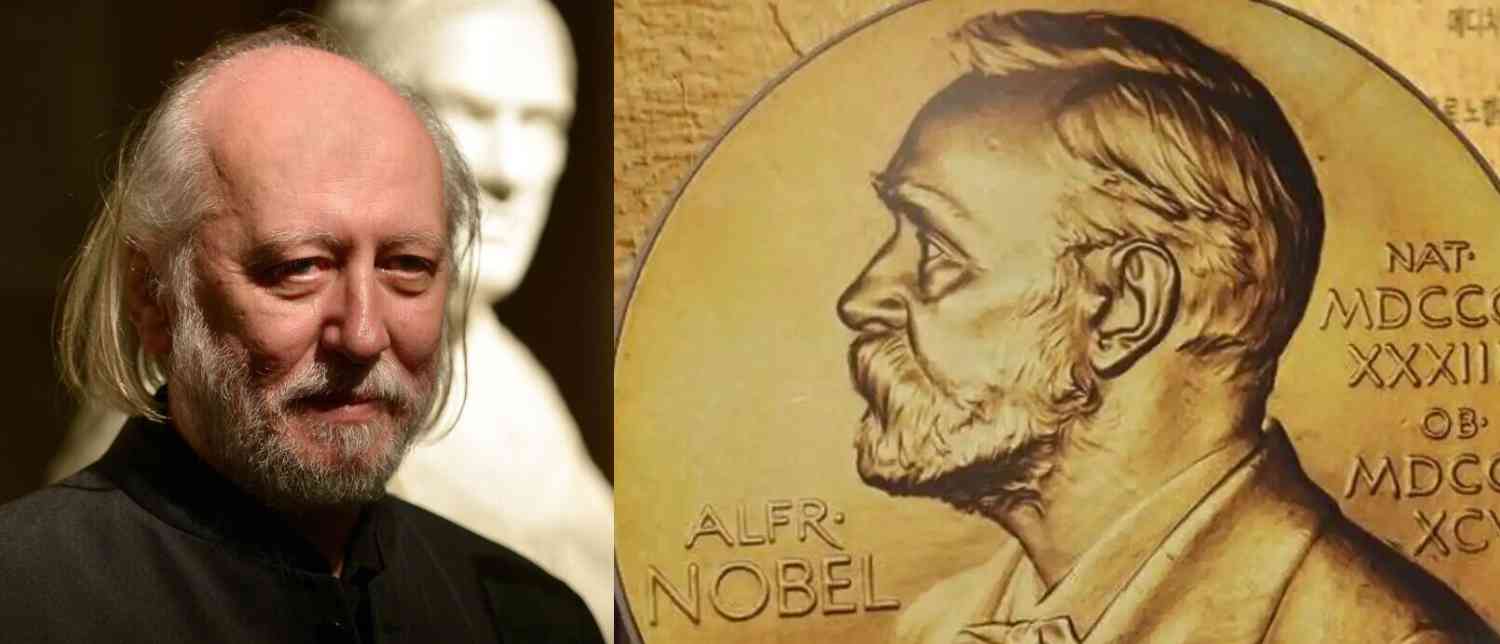Hungarian writer László Krasznahorkai has been awarded the 2025 Nobel Prize in Literature, the Swedish Academy announced on Thursday. The 71-year-old novelist, known for his complex and deeply philosophical narratives, was honoured for what the committee described as his “visionary prose that captures the chaos and beauty of modern existence.”

Krasznahorkai is the first Hungarian author to receive the Literature Nobel since Imre Kertész in 2002. The announcement was met with joy across Hungary, where readers and academics see his win as a major moment for Central European literature.
László Krasznahorkai was born in 1954 in Gyula, Hungary. Over the years, he has gained international recognition for novels such as Satantango, The Melancholy of Resistance, and Baron Wenckheim’s Homecoming. His writing often paints Hungary and Europe as uncertain places where faith, politics, and human nature wrestle with one another.
Critics have long admired Krasznahorkai’s unique style — long, winding sentences, deep emotional reflection, and a tone that mixes despair with humour. His books are not always easy to read, but they reward readers with striking imagery and insight into the human mind.
Announcing the prize in Stockholm, the Nobel Committee praised Krasznahorkai for creating a literary world "that stretches between realism and myth." According to the committee, his novels explore “human fragility under social and existential pressure,” a theme that feels increasingly relevant in today’s uncertain times.

The panel also noted how his writing reaches beyond Hungary to touch universal human concerns — the search for meaning, the clash between modern life and tradition, and the persistence of hope amid despair.
Writers, publishers, and literary fans worldwide celebrated the selection. Many praised the Nobel Committee for acknowledging a writer whose influence extends well beyond Europe.
Well-known authors such as Olga Tokarczuk and W.G. Sebald have cited Krasznahorkai as an inspiration, and several of his books have been adapted into films by Hungarian director Béla Tarr, notably the haunting adaptation of Satantango.
In Hungary, Prime Minister Viktor Orbán sent congratulations through social media, calling Krasznahorkai’s Nobel “a proud day for Hungarian culture.” Universities and bookstores in Budapest quickly organised public readings and discussions to honour the new laureate.
Krasznahorkai’s win highlights the continuing importance of literature that challenges readers to think deeply about life. In an age dominated by short attention spans and digital distractions, his success stands as a reminder that long, reflective writing still matters.

It also shines a light on Central Europe’s literary heritage — a region with rich storytelling traditions often overshadowed by global publishing trends. By recognising Krasznahorkai, the Nobel Prize has turned global attention toward Hungarian voices and their role in shaping modern literature.
After hearing the news, Krasznahorkai expressed humility and surprise. Speaking from his home, he said he hoped the award would “encourage readers to keep faith in the power of the written word.”
His Nobel lecture, expected later this year in Stockholm, will undoubtedly be watched closely by literary enthusiasts worldwide. With this award, László Krasznahorkai joins a distinguished list of Nobel laureates and reaffirms that even in a world of constant change, thoughtful storytelling remains timeless.
With inputs from agencies
Image Source: Multiple agencies
© Copyright 2025. All Rights Reserved. Powered by Vygr Media.


















